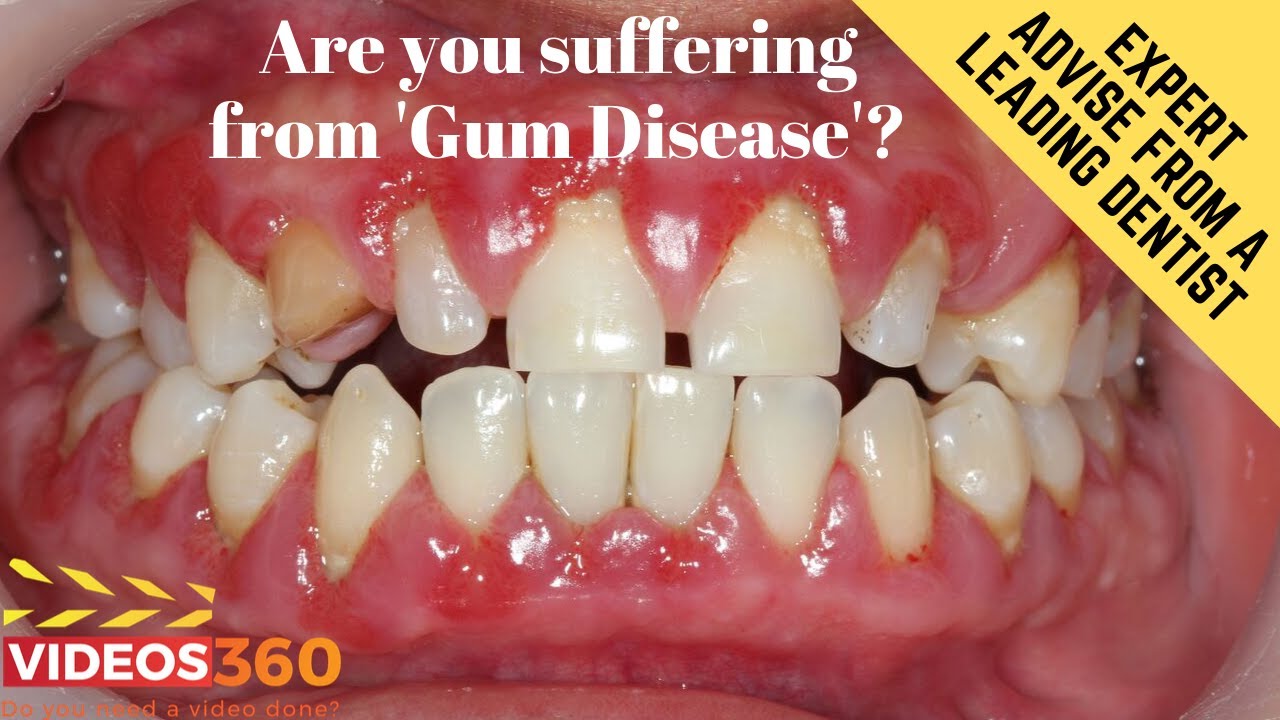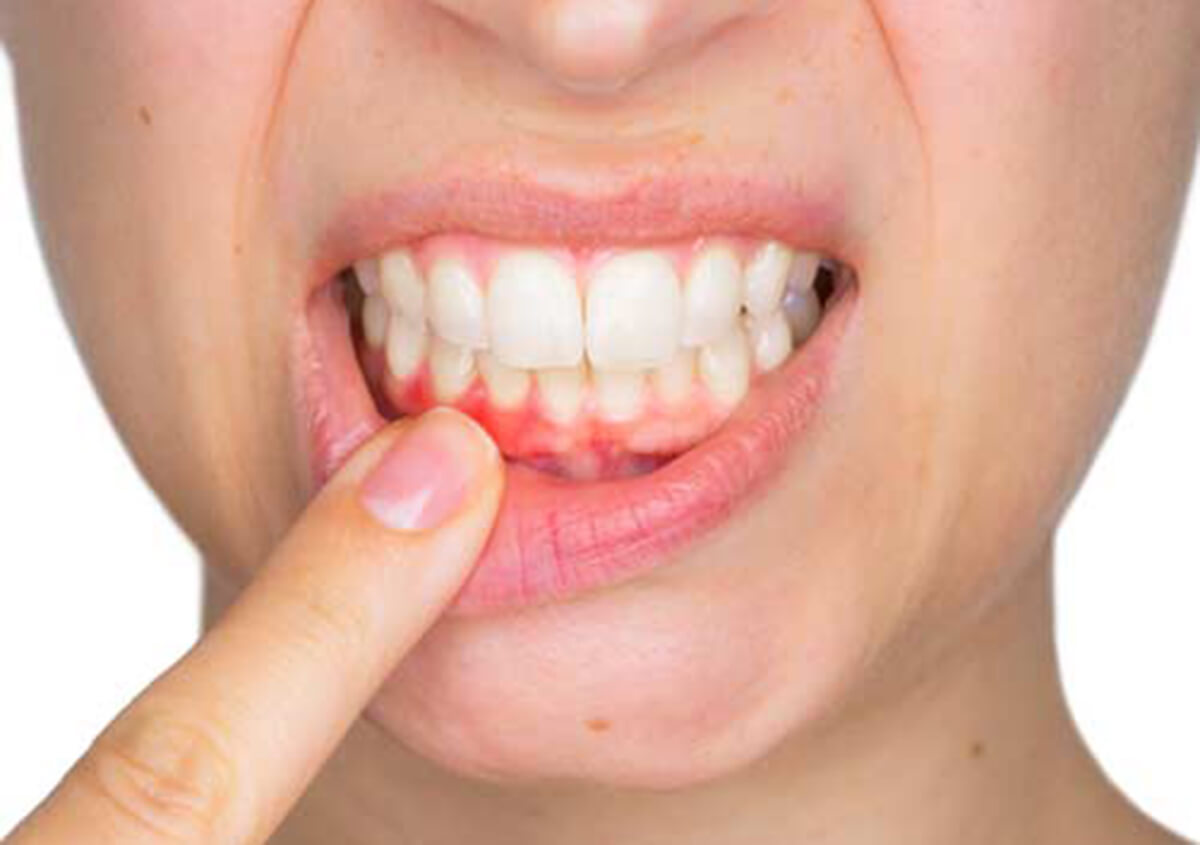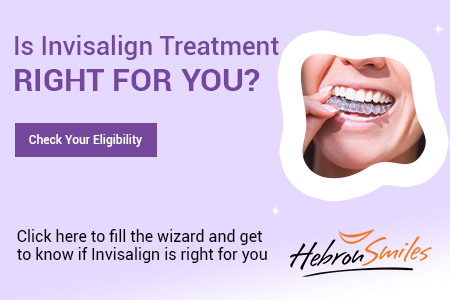
Restore Your Oral Health With Gum Disease Treatment
Oral care is an important step in reducing the risk of gum disease. This infection is a serious concern for several reasons. Not only does gum disease have the potential to cost you a lifelong smile, this condition also puts you at risk for a number of medical conditions.
At Hebron Smiles, we place a high priority on patient education. During your initial visit with us, we become familiar with your teeth and gums so that we may assess your risk for gum disease. Our hygienist performs a thorough cleaning that removes plaque and tartar, substances that harbor harmful bacteria that weaken gum tissue. Additionally, we discuss the oral care and lifestyle habits that promote healthy teeth and gums, all with the goal of keeping your smile healthy for life.
What causes gum disease?
Infection in the gums can stem from a number of factors. Oral hygiene is a primary factor that we look at during routine visits. Many people benefit from a demonstration on how to brush and floss effectively. Additionally, diet and lifestyle have a major effect on gum health. Habits like alcohol and tobacco use can increase your risk, as can certain medications. Women may have a greater risk for gum disease due to fluctuation of hormones, which increases with oral contraceptives or pregnancy.
Early intervention is optimal
Routine dental care is crucial to the prevention of gum disease because the early signs of this condition are easy to miss. Often, patients do not seek care until infection has reached an advanced stage. Ideally, treatment will be conducted during the early stage of gingivitis, when only superficial tissue is involved. With a deep cleaning, scaling and root planing, we seek to remove unhealthy bacteria, plaque, and tartar from the gum line and, when necessary, below.
Treatment for gum disease is a must. Without proper care, infection progresses into periodontitis, in which the ligament and bone that stabilizes teeth, become involved. Advanced infection can result in tooth loss, something we would prefer to help our patients avoid.














